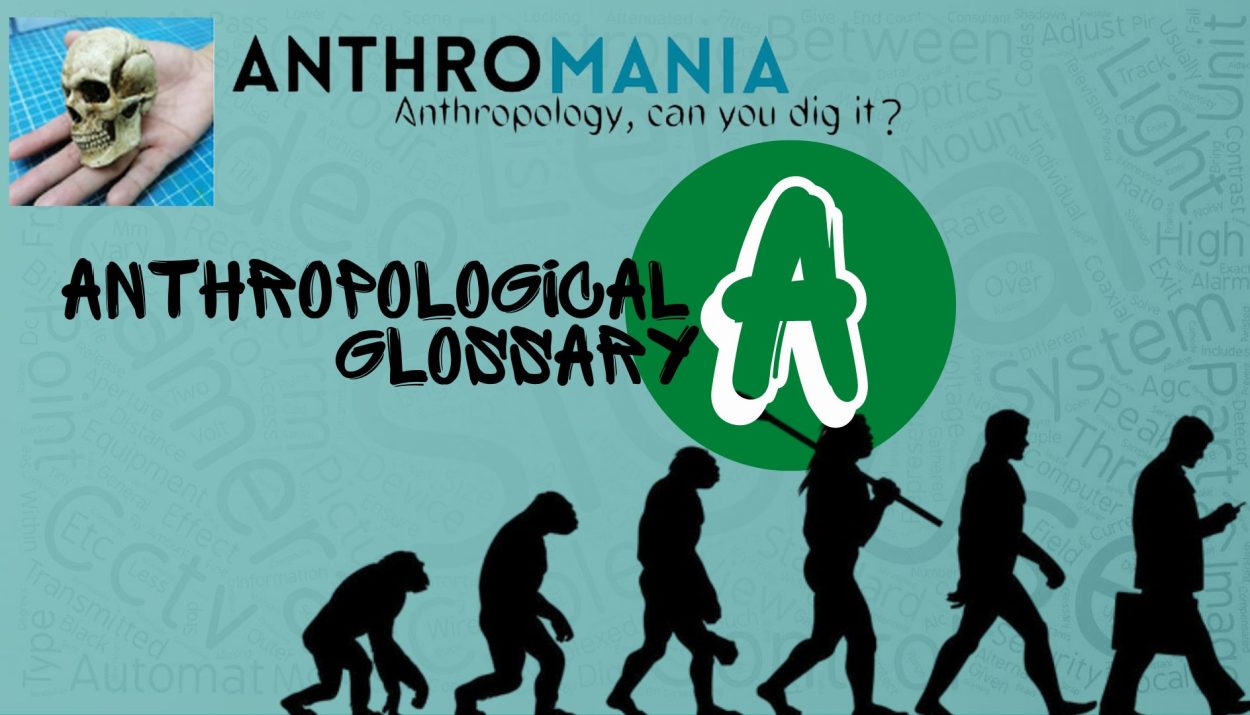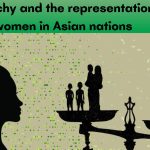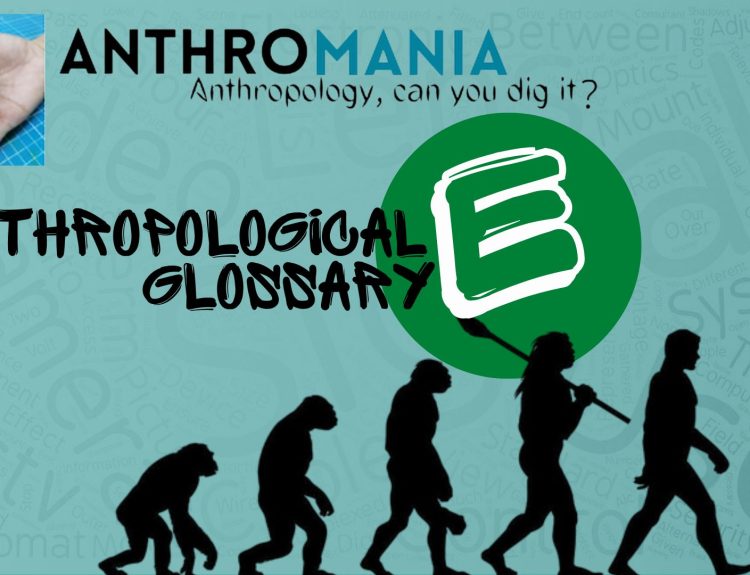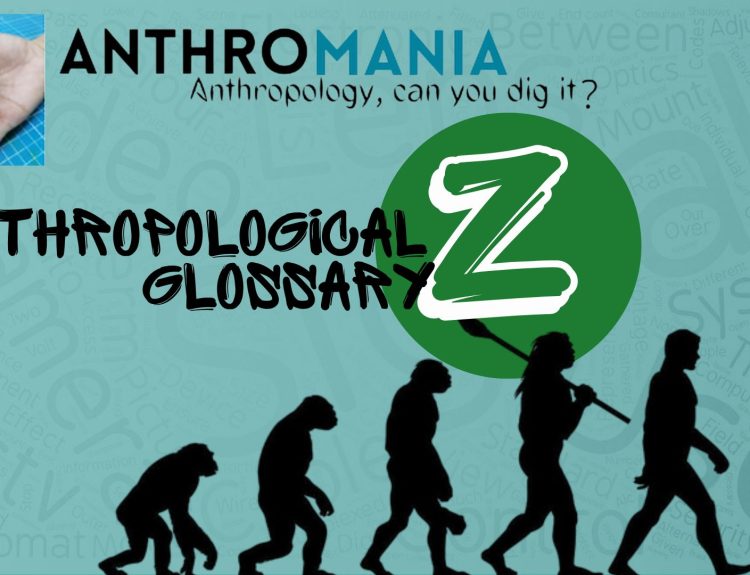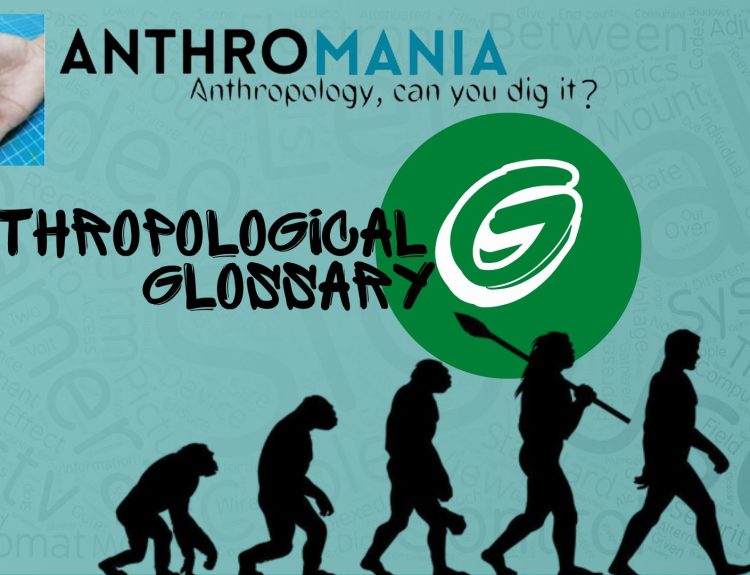The article “Anthropological Glossary (Letter A)” aims to elucidate fundamental terminology employed in the field of anthropology.
Acculturation: the process by which individuals or groups from one culture come into contact with and adopt elements of another culture.
Action anthropology: branch of applied anthropology focused on social change and advocacy. It involves actively engaging with communities to address social issues and promote positive change, often collaborating with local people to develop and implement solutions.
Advanced epidemiology: used to describe the latest methods and technologies used in the field of epidemiology. Epidemiology is defined as the study of the incidence, prevalence, distribution and control of disease in a population.
Affinal kinship: This is based on marriage. Example- relation between husband and wife.
Agnates: All relatives related to the male member.
Ambilineal: kinship system where individuals have the flexibility to choose their descent group, either through their mother’s or father’s lineage.
Ambilocal: also known as bilocal residence, is a post-marital residence pattern where a newly married couple has the option to live with or near either the husband’s or the wife’s family.
Amitate: the role of the father’s sister is more important. It is usually found in patrilineal families.
Amphora: a type of ancient Greek or Roman container, typically made of clay, used for storing and transporting various liquids and goods, such as wine, oil, and grains. It features a narrow neck, two handles, and a pointed base, making it easy to carry and stack.
Animatism: A belief system in anthropology that attributes spiritual or supernatural power to non-living entities, such as natural objects, forces, or phenomena. Unlike animism, which ascribes souls or spirits to living and non-living things, animatism focuses on the inherent power or energy believed to reside in these objects or natural forces.
Animism: A belief system that attributes spiritual or supernatural qualities to all living and non-living entities in the natural world.
Anthropology: the science of human beings. It is the holistic study of man or the study of man in totality. ‘Anthropos’ means human being or mankind and ‘logos’ means study or science.
Anthropological research: the systematic and scientific investigation of human societies, cultures, behaviours, and beliefs. It involves fieldwork, participant observation, interviews, and analysis of various data sources to gain insights into diverse aspects of humanity.
Anthropometry: science that includes systematic measurements of the size, weight and proportions of the human body. Anthropometry comes from the Greek word- “anthros” meaning “man” and “metre” meaning “to measure”.
Anti-microbial resistance (AMR): the ability of microorganisms to resist the effects of antimicrobial drugs, rendering them ineffective in treating infections.
Applied anthropology: the practical use of anthropological knowledge and methods to address real-world issues and challenges.
Archaeology: the scientific study of past human societies through the excavation and analysis of artefacts, structures, and other physical remains. It seeks to reconstruct and understand ancient cultures, lifestyles, and historical developments, shedding light on human history and prehistory.
Artha: The second Purushartha, Artha, revolves around the pursuit of material wealth, success and prosperity. It emphasizes the importance of financial stability, providing for one’s family and contributing to the welfare of society.
Armchair anthropologists: individuals who study and analyze cultures, societies, or human behaviour from a distance, often without direct fieldwork or hands-on research experience. They rely on existing literature, secondary sources, and theoretical frameworks to form their conclusions and insights, rather than conducting fieldwork or engaging directly with the studied communities.
Ashram: in Hindu society, refers to the four stages of life or the spiritual journey: Brahmacharya (student), Grihastha (householder), Vanaprastha (retiree), and Sannyasa (renunciant). These stages guide individuals through their life’s purpose, from learning and family life to spiritual pursuits and ultimate detachment from worldly attachments.
Assimilation: a cultural process where individuals or groups from a minority culture adopt the customs, values, language, and behaviours of a dominant or majority culture. It often involves the loss of distinct cultural identity and the integration of minority members into mainstream society, resulting in cultural homogeneity.
Avoidance: type of kinship usage where excessive mutual interaction between two or more relatives is culturally prohibited.
Avunculate: a custom that regulates the family relations of the maternal uncle with his sister’s children in a particular way.
Avunculocal: is a post-marital living arrangement where a newly married couple resides with or near the husband’s maternal uncle or the uncle’s family.
Also, read
You should know about India’s first private rocket launch: VIKRAM-S


